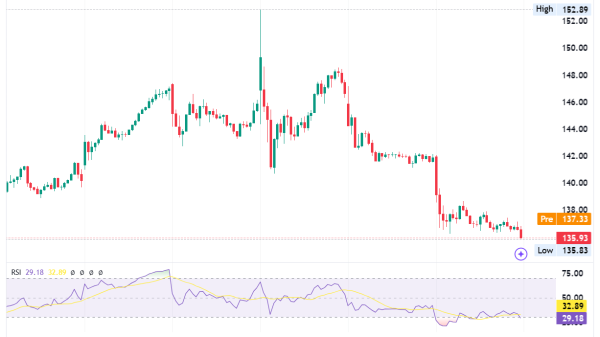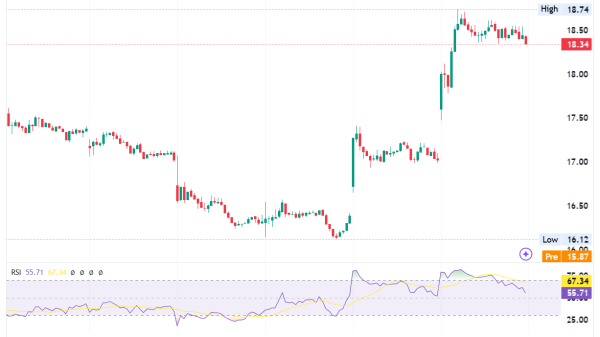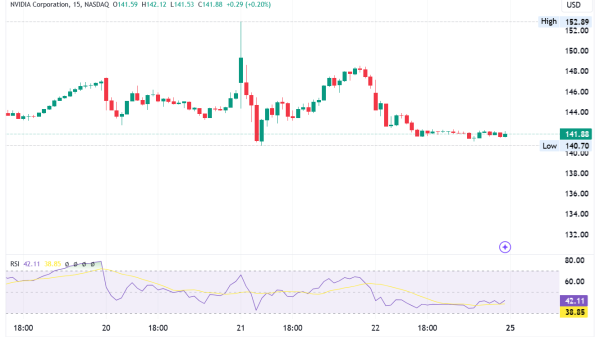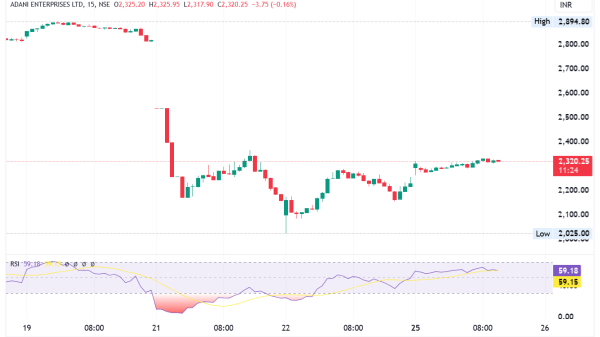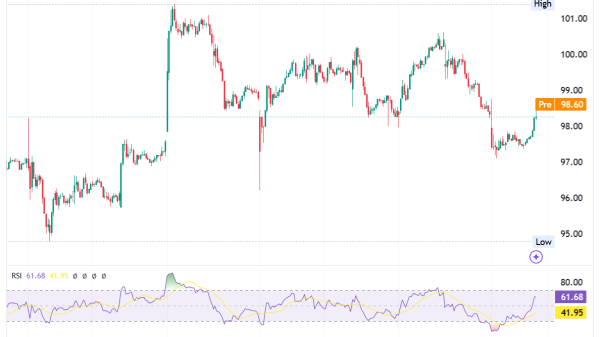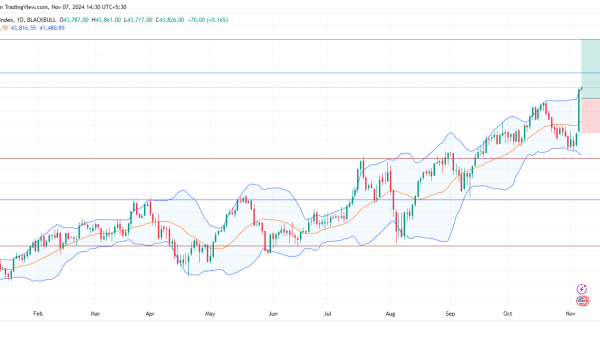What Are the Disadvantages of Offshore Bonds?
Offshore investing encompasses a diverse array of investment strategies that leverage the benefits available in foreign jurisdictions rather than an investor’s home country. Within this realm, numerous reputable offshore companies provide financially secure and well-established investment opportunities that are not only legal but also time-proven.
These offshore investments span a broad spectrum of asset classes, offering investors a wide range of options to diversify their portfolios.
Interestingly, these options include investing in stocks, bonds, savings accounts, time deposit accounts, mutual funds, real estate, foreign exchange trading (forex), precious metals, private equity, and hedge funds.
However, we shouldn’t forget about potential challenges. Let’s focus on the disadvantages of offshore bonds.
Disadvantages of offshore bonds and investors
Offshore bonds themselves aren’t inherently problematic; in fact, they can be advantageous and suitable investment vehicles for various individuals, whether they reside in onshore or offshore locations. However, the issues often associated with offshore bonds stem from the way they are marketed and sold.
The primary concern that investors encounter with offshore bonds revolves around the presence of high, concealed, and convoluted fees and charges. Even if the underlying investments within these bonds perform exceptionally well, the impact of exorbitant fees can significantly impede their growth and overall returns.
This underscores the importance of transparency and understanding the fee structure associated with offshore bonds, as these charges can erode the potential benefits and gains that investors hope to achieve.
Cons of offshore investing
As stated above, offshore investments cover a broad spectrum of asset classes, offering investors a wide range of options to diversify their portfolios.
Without a doubt, investors should be aware of the disadvantages of offshore bonds.
While offshore investing can offer various advantages, it comes with its share of drawbacks and challenges that investors should carefully consider:
Increasing regulatory scrutiny: In recent years, governments, especially the U.S., have become more vigilant about offshore investments to combat tax evasion. Stricter laws and regulations have been put in place to close tax loopholes.
The U.S. Foreign Account Tax Compliance Act (FATCA) is a prime example, requiring U.S. citizens to report their foreign account holdings. This increased regulatory focus can lead to legal and tax implications for investors.
Global regulatory framework: The Organization for Economic Cooperation and Development (OECD) and the World Trade Organization (WTO) have implemented rules that compel banks to report information about their foreign customers.
However, each country enforces these laws differently, leading to varying degrees of compliance and reporting requirements. As a result, navigating the global regulatory framework for offshore investing can be complex and challenging.
Shrinking tax loopholes: While some tax loopholes still exist, many are gradually closing, reducing the opportunities for tax avoidance through offshore entities. Governments are actively working to minimize tax evasion and enforce tax compliance.
High setup costs: Establishing offshore accounts and entities can be expensive. Depending on the chosen jurisdiction, significant legal fees and account registration expenses may be incurred. Additionally, some jurisdictions may require investors to own property or operate a holding company, adding to the overall cost.
Transparency concerns and other issues
Minimum investment requirements: Many offshore accounts have substantial minimum investment requirements.
Professional fees: Seeking professional advice from lawyers, accountants, and investment advisors who specialize in international investments is crucial for navigating the complexities of offshore investing. However, these services come at a cost, further impacting the overall expenses associated with offshore investments.
Complexity of regulations: Offshore investing involves navigating a complex web of international regulations, tax codes, and reporting requirements. Complying with these regulations can be time-consuming and may require ongoing efforts to remain in compliance.
Transparency concerns: Some offshore jurisdictions offer limited transparency, making it challenging to obtain accurate and up-to-date information about investments. This lack of transparency can increase the risk of fraudulent activities or mismanagement of funds.
Limited investor protection: Offshore jurisdictions may provide less robust investor protection compared to onshore counterparts. Investors may have limited recourse in case of disputes or issues with financial institutions operating in offshore locations.
Political and economic instability: Offshore jurisdictions may be more vulnerable to political and economic instability. Changes in government policies, regulations, or economic conditions in these locations can affect the stability of investments.
Scam risks: Offshore investing can attract fraudulent schemes and scams. Investors should exercise caution and conduct thorough due diligence to avoid falling victim to fraudulent investment opportunities.
It is vital not to disregard the disadvantages of offshore bonds. Moreover, investors should pay more attention to other problems related to the topic.
The post What are the disadvantages of offshore bonds? appeared first on FinanceBrokerage.

